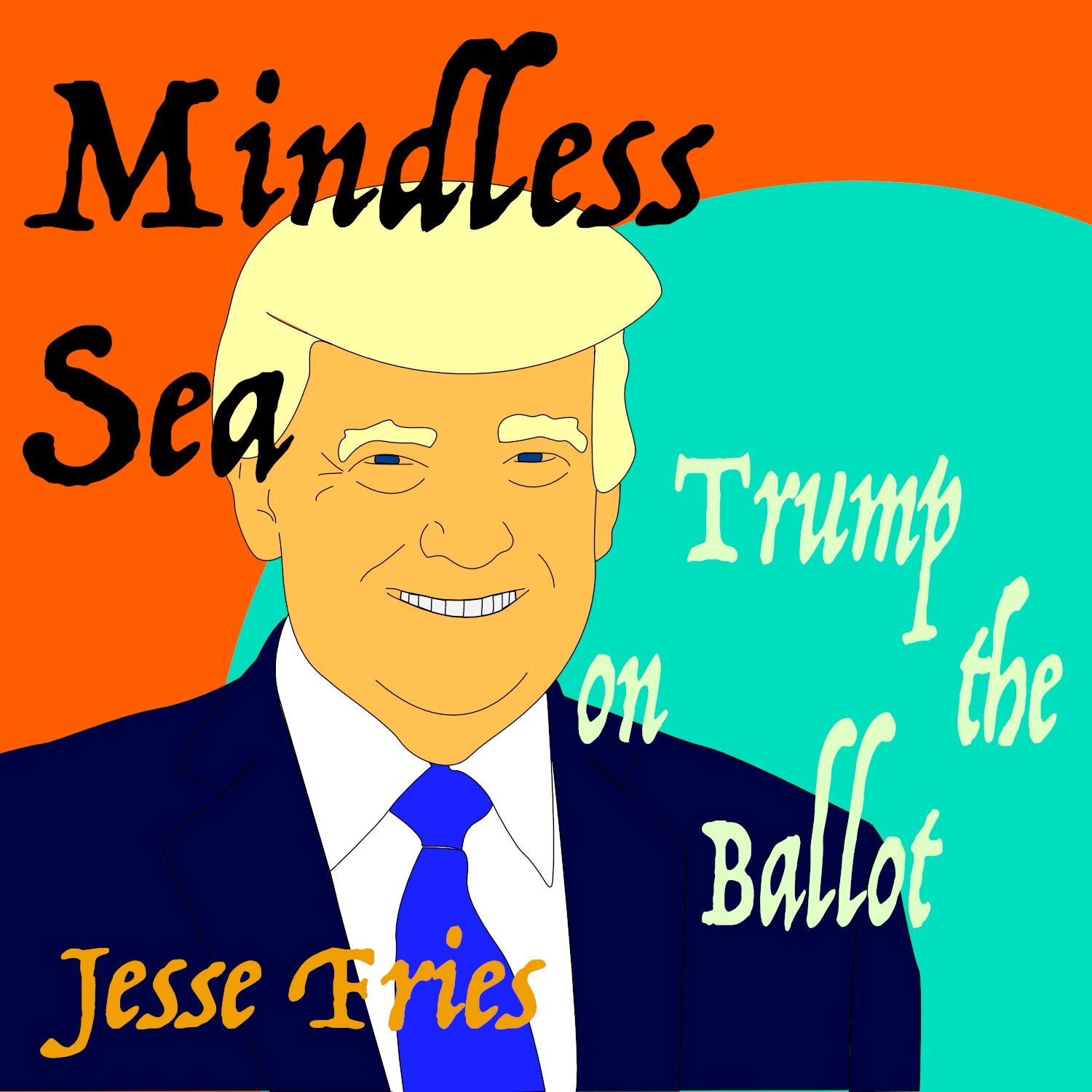In this episode, the host, Jesse Fries, discusses the 14th Amendment and its implications for Donald Trump's eligibility to be on the ballot. The Supreme Court unanimously ruled that Trump can be on the ballot in Colorado. The host also mentions a recent decision by the appeals court to vacate the sentences of Capitol rioters due to misinterpretation of the phrase 'administration of justice.' The host encourages listeners to support the podcast through donations.
https://www.podcast.mindlesssea.com
Support the Mindless Sea Podcast
(00:26) Discussion on the 14th Amendment and Donald Trump's eligibility to be on the ballot
(15:12) Vacated sentences of Capitol rioters
(19:00) Value 4 Value
For the Supreme Court decision
https://www.supremecourt.gov/opinions/23pdf/23-719_19m2.pdf
For the Appeals Court decision
https://www.cadc.uscourts.gov/internet/opinions.nsf/2C10A695299E639685258AD30057A603/$file/23-3045-2043021.pdf


